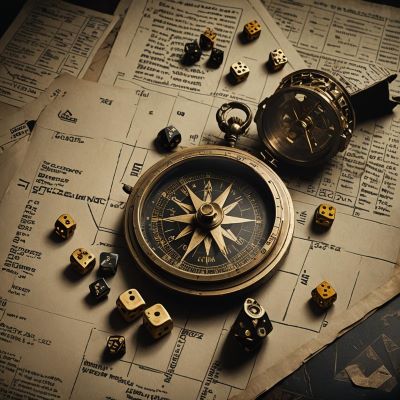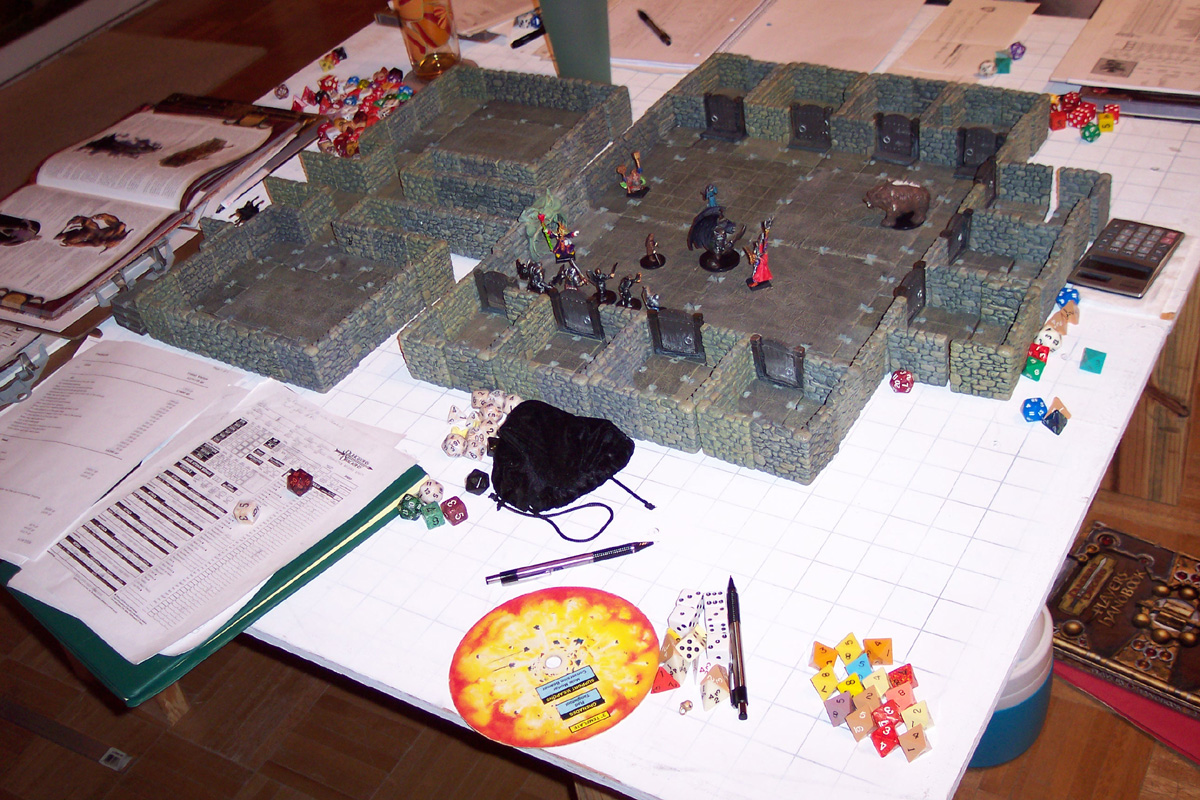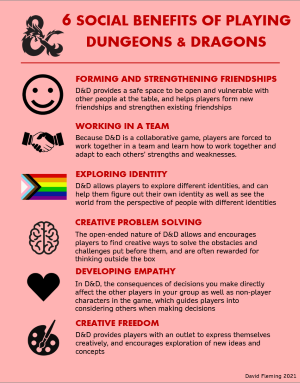At its heart, D&D is about collaboration and shared experiences, and a crucial element of this experience is the role of the Dungeon Master (DM). The DM is the storyteller, the world-builder, and the ultimate guide for players as they embark on epic adventures. I’ve been interested in the concept of Steward Leadership for quite some time. In fact, my personal leadership philosophy strong aligns with this concept. In this article, we explore the concept of steward leadership in the context of Dungeon Mastering. Looking at how it can elevate the game for everyone involved.
Steward Leadership: A Brief Overview
Steward leadership is a leadership philosophy that emphasizes service, responsibility, and accountability. In essence, a steward leader sees themselves as a caretaker of a particular domain, with a responsibility to ensure its long term well-being and prosperity for all involved. In my role as a General Manager in the environmental sector, I believe it is my duty to guide the business in a way that see’s it succeed for years to come. This heavily informs my decision making and strategizing. It also prevents me from chasing the newest shiny thing, without first understanding any long term implications.
Having seen how this philosophy shapes my leadership style how might it translate to Dungeon Mastering in D&D?
The Steward DM: Fostering a Shared Experience
Creating a World: Just as a steward leader is responsible for managing and nurturing a specific domain, the DM is responsible for crafting and maintaining the game world. This includes creating rich lore, intriguing NPCs (non-player characters), and immersive environments that allow players to feel fully immersed in the game.
Balancing the Game: A steward leader aims to maintain balance and fairness within their domain. Similarly, a DM must balance the game to ensure that each player has a chance to shine and contribute to the story. This means adjusting encounters and challenges to match the abilities and preferences of the players.
Nurturing Player Growth: Steward leaders invest in the growth and development of those within their domain. DMs can do the same by providing opportunities for character development and personal growth within the game. This might involve character arcs, moral dilemmas, and choices that challenge players to evolve.
Fostering Collaboration: Steward leaders understand the importance of collaboration among all stakeholders. In D&D, this means facilitating teamwork among the players, allowing them to utilize their unique strengths and abilities to overcome obstacles and solve problems.

The Steward DM in Action
Imagine a group of adventurers standing at the entrance of a treacherous dungeon. As the DM, you have meticulously designed this dungeon, complete with traps, puzzles, and hidden secrets. You could approach this scenario in several ways:
Authoritarian Approach: You could view yourself as the “opponent” and set out to challenge the players mercilessly. The goal is to win, and the players are merely obstacles. This approach will inevitably lead to frustration and an unenjoyable game.
Steward Leadership Approach: Instead, you embrace the role of a steward DM. Your goal is not to defeat the players but to provide them with a memorable and rewarding experience. You carefully consider the difficulty of the encounters, ensuring they are challenging but not insurmountable. You encourage creativity and problem-solving, allowing the players to engage with the world and each other.
As a steward DM, you also actively seek feedback from your players, adjusting your approach to cater to their preferences and ensure everyone has a fulfilling experience. You’re not just a storyteller; you’re a facilitator of epic tales, a guardian of fairness, and a mentor for those who traverse the realms you create.
Final Thoughts
Steward leadership has a large influence on my personal leadership style. I’ve often thought that the philosophy ports well into other aspects of life. Of course, Dungeon Mastering is more than just guiding players through a fantastical world—it’s an exercise in steward leadership. By embracing the principles of stewardship, DMs can create a dynamic and inclusive gaming experience where everyone feels valued and engaged. So, whether you’re a seasoned DM or just starting your journey, remember that your role is that of a steward, dedicated to crafting epic adventures and nurturing the joy of storytelling for all involved.



